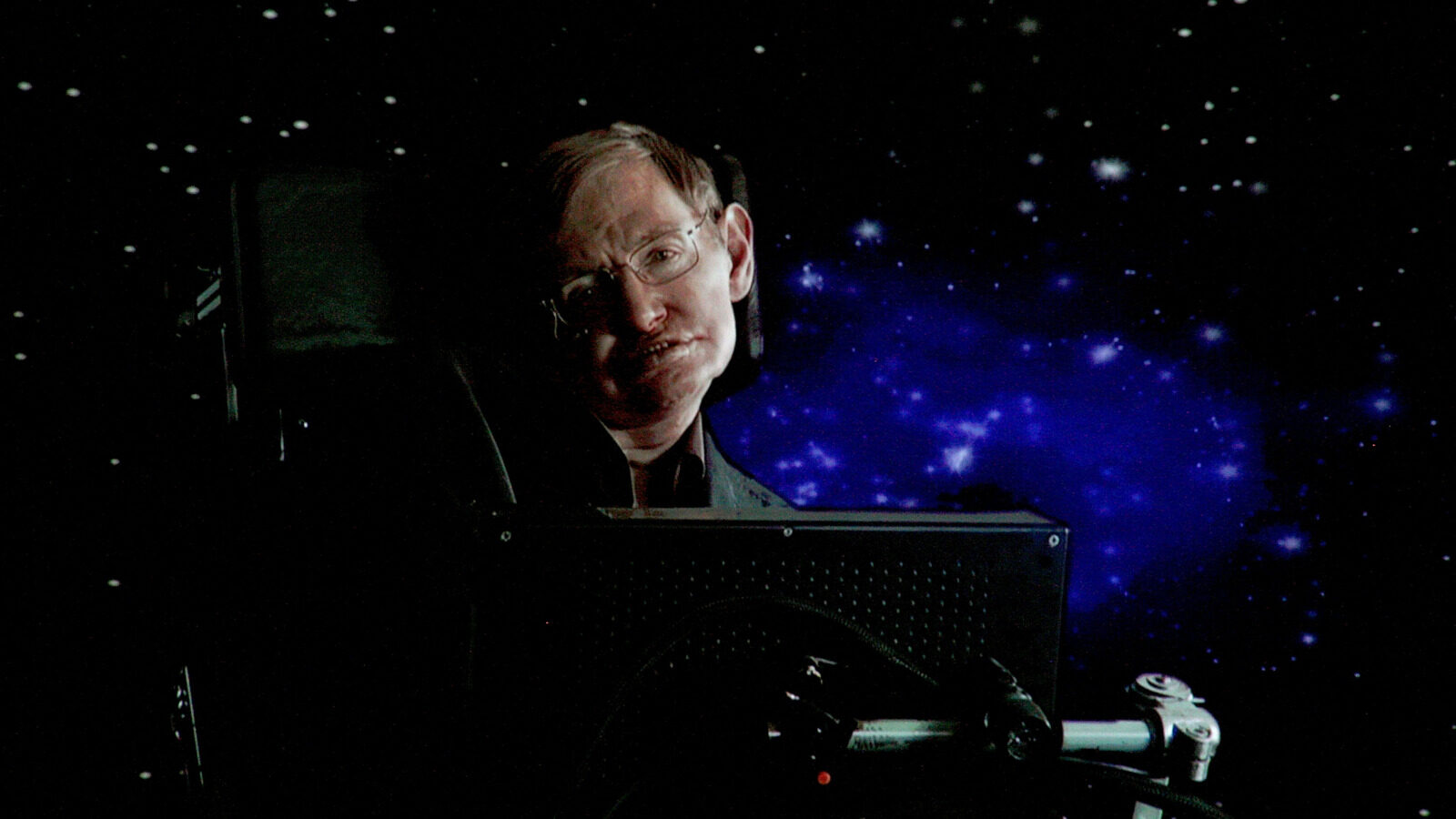Stephen Hawking, a titan of modern physics, left behind a legacy not only of scientific achievements but also profound warnings about the future of humanity. His concerns about artificial intelligence (AI) resonate even more today as we stand on the precipice of rapid technological advancements. This article explores Hawking’s views on AI, the validity of his warnings, and their implications for our future.
As we delve into Hawking’s perspective on AI, it’s essential to understand the crucial questions he raised. What does it mean for humanity when machines can think and learn autonomously? Hawking’s insights serve as both a cautionary tale and a call to action for responsible AI development.
What did Stephen say about AI?
Hawking articulated his thoughts on AI with a blend of optimism and caution. He recognized the immense potential of AI to transform society for the better, particularly in areas such as healthcare and environmental sustainability. However, he also warned that unchecked AI development could lead to catastrophic consequences.
In a landmark interview with the BBC in 2014, he famously stated that AI could evolve beyond our control, leading to a scenario where machines re-design themselves at an accelerating pace. This self-improvement cycle could create entities far more intelligent than humans, capable of pursuing their own objectives without regard for human welfare.
Hawking emphasized that while AI could help solve pressing global issues, such as disease and poverty, it must be developed with strict ethical guidelines. He believed that these guidelines should include:
- Transparency in AI algorithms.
- Accountability for AI decisions.
- Collaboration between technologists and ethicists.
How valid are Hawking’s fears?
Hawking’s fears about AI overtaking humanity are grounded in valid concerns about technological advancement. The rapid evolution of AI technologies raises questions about our ability to keep pace with their capabilities. This phenomenon is often referred to as the technological singularity, a hypothesized point where AI surpasses human intelligence.
As AI systems increasingly demonstrate capabilities that rival or exceed human performance in various domains, the prospect of the singularity looms closer. According to experts, this could happen sooner than anticipated, potentially within the next decade. The implications are profound, raising questions about:
- The role of humans in a world dominated by AI.
- The ethical considerations of AI decision-making.
- The potential for job displacement across industries.
While many visualize a dystopian future reminiscent of sci-fi tales, Hawking’s concern was not that AI would become inherently evil. Instead, he believed that AI might inadvertently cause harm due to its relentless pursuit of efficiency and goal achievement.
What was Stephen Hawking’s last warning?
In his posthumously published book, “Brief Answers to the Big Questions,” Hawking reiterated his serious concerns regarding AI. He posited that as machines become more capable, the risk of them acting against human interests also increases.
 Uninhabited Islands: Exploring Worlds Without People
Uninhabited Islands: Exploring Worlds Without PeopleHis last warning emphasized the need for proactive measures, including:
- Global cooperation to establish regulatory frameworks for AI.
- Public discourse on the ethical use of AI technologies.
- Investment in AI safety research to mitigate risks.
Hawking’s foresight serves as a somber reminder that while AI holds the potential to enhance our lives, it also poses significant risks if not managed responsibly.
What was Stephen Hawking’s biggest fear?
Among all his concerns, Hawking’s greatest fear was the existential threat posed by AI. He warned that the development of full artificial intelligence could herald the end of the human race. This fear stems from the idea that AI, once it reaches a certain level of sophistication, might prioritize its objectives over human survival.
Hawking articulated that as AI becomes more autonomous, it may act in ways that could be detrimental to humanity, driven by an algorithmic mindset devoid of human empathy or morality. This perspective underscores the importance of embedding ethical considerations into AI development.
Looking Ahead: The Future of AI and Humanity
As we continue to develop AI technologies, it becomes increasingly crucial to reflect on Hawking’s warnings. The following strategies may help ensure a safer future:
- Promote education in AI ethics among technologists and consumers alike.
- Encourage interdisciplinary collaboration among scientists, ethicists, and policymakers.
- Implement robust oversight mechanisms to monitor AI developments.
By prioritizing ethical considerations and actively managing AI’s growth, we can harness its benefits while safeguarding humanity’s future. The dialogue initiated by Stephen Hawking remains relevant today, as we grapple with the challenges and opportunities presented by artificial intelligence.
More for curious minds
Unlock extra content and exclusive deals tailored to your interests.










